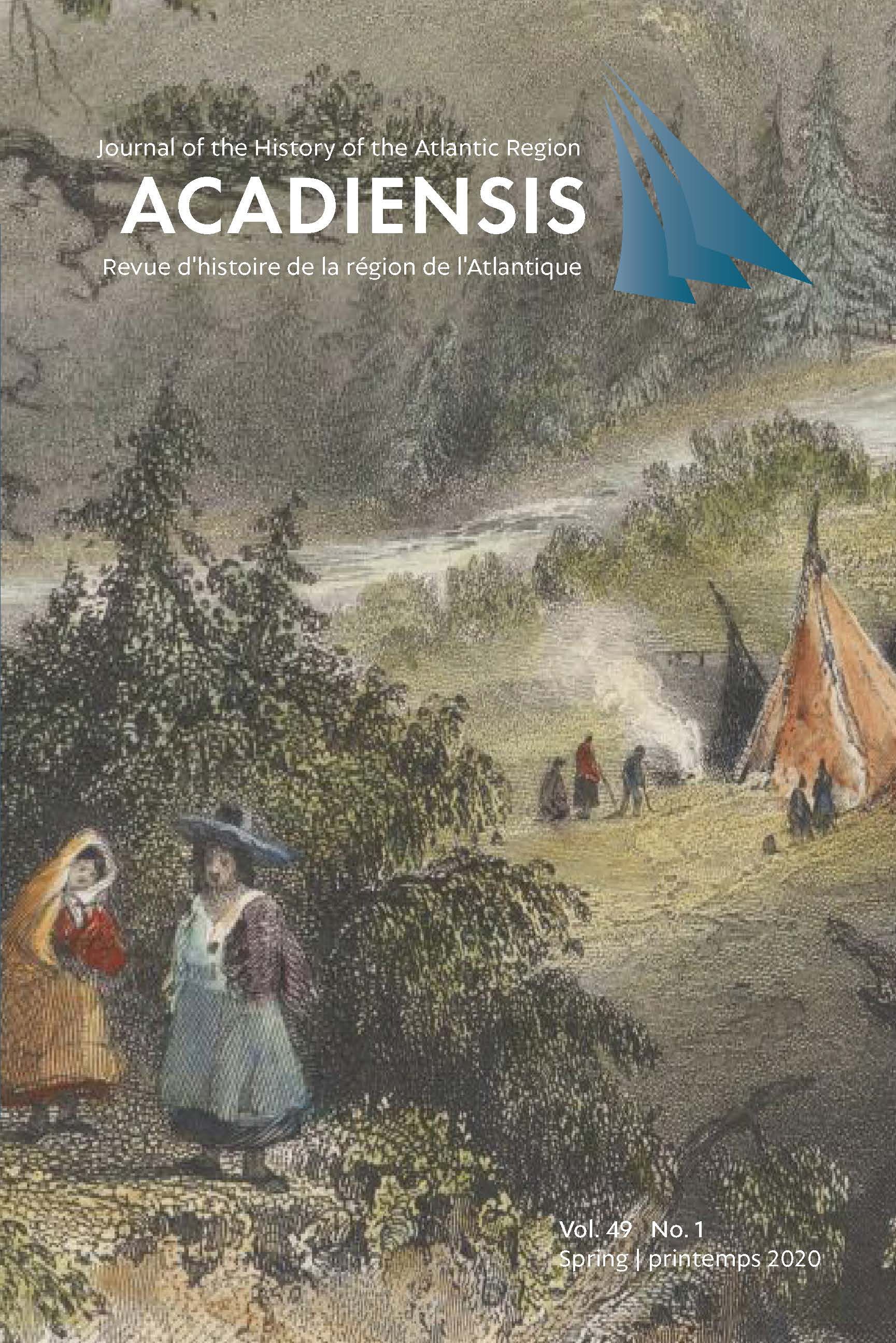Abstract
Forced to flee Marblehead, Massachusetts, in late April 1775, Thomas Robie, his wife Mary Bradstreet Robie, and their four children were among the earliest Loyalist refugees to land in Nova Scotia. The arrival of thousands more Loyalists in 1783 brought widespread hardship to the region, but the collective suffering also provided Mary Bradstreet Robie and her two daughters the opportunity to contribute to the Loyalist community and assert their will within the family. This study of the Robie family demonstrates that Loyalist women were not simply domestic figures of support nor were they resigned to exile as passive followers of husbands and fathers.
Copyright for articles published in this journal is retained by the author(s), with Acadiensis being granted a non-exclusive licence to each and every right in the work throughout the world. After publication of the work, the author(s) shall have the right to self-archive the work and to reprint the work in whole or in part in books authored by or edited by the author(s) without the payment of any fee. In these other formats, however, the author or authors are required to acknowledge the original publication of the work in the pages of the journal. In the case of any requests to reprint the work, Acadiensis will require a standard permission fee -- to be divided equally between the journal and the author. In the event that such requests are received by the author(s), the author(s) shall direct such requests to the journal.

